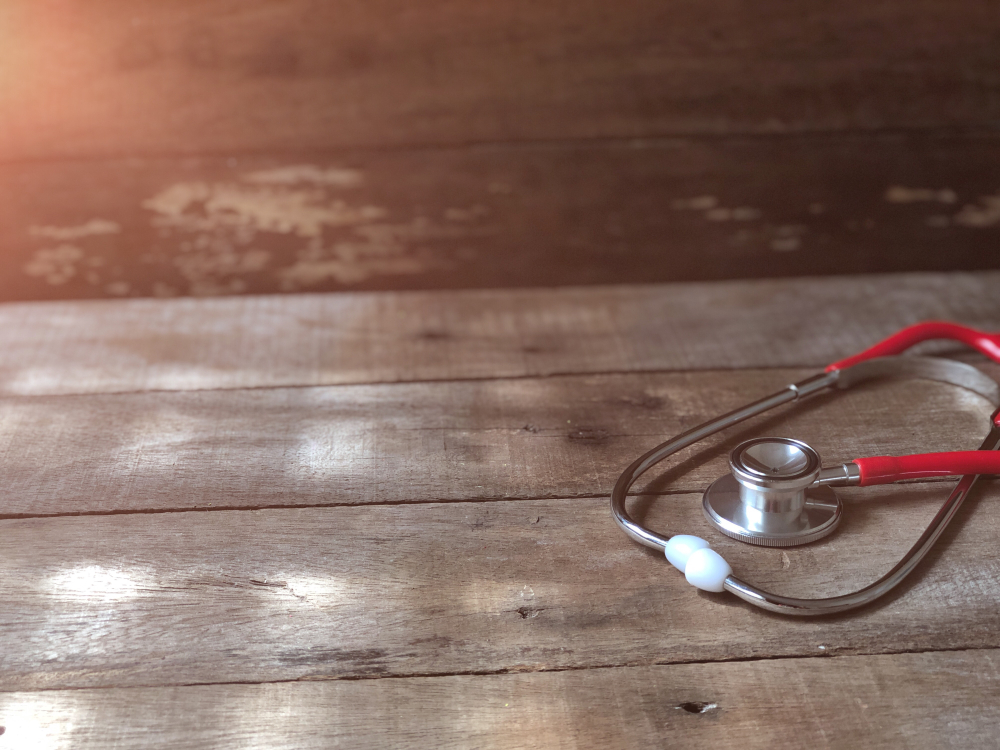


Addiction recovery is a personal journey, but it’s not one you have to face alone. It takes time, support, and resources to rebuild your life. But if you live in one of America's rural communities, finding help can feel especially tough.
In many rural areas, access to addiction treatment is limited. There aren’t enough drug rehabilitation centers, mental health services, or trained professionals nearby. Sometimes, the closest facility is hours away, and getting there can seem impossible without a form of reliable transportation. There’s also the issue of stigma, finding ongoing support, etc. that makes addiction recovery a challenge.
But not to worry, some rehab centers are working to bridge these gaps with accessible, evidence-based programs and resources to reach underserved areas. We’ll talk about this later in this post, but first, let’s look at the unique barriers that rural communities face.
Drug abuse is a nationwide problem that affects millions of lives across the United States. Even rural areas that were once thought to be sheltered from large-scale substance use have been deeply impacted by the opioid crisis.

Rural areas are now experiencing some of the highest rates of opioid misuse and overdose deaths. Young adults are among the hardest hit, often turning to substances in response to isolation, economic challenges, and untreated mental health conditions. Yet despite the growing need for help, these communities face significant barriers to recovery. These include:
Access to addiction treatment is often scarce in rural communities. There aren’t enough rehab centers, mental health services, or trained professionals nearby. A lot of people in rural areas have to travel long distances to access basic care, let alone specialized services for substance use disorders (SUDs).
Rural healthcare systems face a chronic shortage of professionals trained in addiction treatment. Many providers wear multiple hats, splitting their time between addiction care and general health services. These centers are mostly nonprofit, offer fewer wraparound services, depend on public funding, and have less diverse specialized treatment options.
In addition, these facilities' conditions are less than ideal for facilitating recovery. Some have leaky roofs, broken AC systems, unconformable seats, etc., which thwarts and undermines treatment. And the limited availability of professionals often means longer wait times or receiving care from overburdened staff.
Transportation is a big issue in rural America. With limited or lack of public transportation systems, it can become a struggle to attend therapy sessions, rehab programs, or even support groups. When the closest treatment facility is far away, missing appointments or dropping out of care becomes more likely.
Many SUD patients no longer have a driver’s license because they abused that privilege and lost it. They can’t get to work, they can’t get to 12-step meetings, they can’t get an IOP or any counseling session, and they live at least 30 miles away from the nearest facilities.

The stigma around addiction runs deep in many small towns and rural communities. You may worry about how seeking treatment will affect your reputation or what others will say. Small towns can feel like everyone knows your business, which makes asking for help even harder.
This fear of being judged keeps many from reaching out, even when they want to recover. On top of that, a lack of confidentiality in smaller healthcare settings can make you hesitant to trust the system.
Addiction recovery requires more than just initial treatment. Support systems, like therapy or recovery support groups, are essential for maintaining progress. However, these resources are often unavailable in rural communities.
Support groups like Alcoholics Anonymous or Narcotics Anonymous play a critical role in long-term recovery, but they are few and far between in rural areas. Without ongoing behavioral health resources, one may struggle to maintain sobriety and rebuild their quality of life.
Substance use disorders (SUDs) require specialized care, but navigating the treatment system is daunting. Rural residents often face a maze of unclear options—detox, rehab, outpatient counseling—without much guidance on where to begin. Providers in these areas also find the system difficult to navigate, with limited referral networks and fragmented care options. This lack of clarity adds unnecessary stress during an already overwhelming time, delaying much-needed treatment.
In many rural communities, hospitals, rehab centers, mental health services, and law enforcement operate independently, with minimal communication or collaboration. This lack of coordination makes it harder for you to move smoothly from one stage of treatment to the next. For example, after finishing detox, you might not know where to turn for follow-up care.

Even during emergencies, rural hospitals often cannot treat substance use disorders effectively. Many small hospitals don’t have the resources, staff, or facilities to provide specialized care for overdose or withdrawal management. This lack of capacity leaves individuals in crisis without the immediate help they need, further complicating their recovery journey.
More Than Rehab focuses on providing accessible, evidence-based care to people in underserved rural communities. Our services include outpatient programs, telehealth options, and personalized treatment plans to meet your unique needs. Telehealth is especially helpful for rural residents, allowing them to access support and counseling from home without worrying about long travel times.
We also provide in-person support for those who need it. From group therapy to one-on-one counseling and behavioral health services, we address the physical, mental, and emotional aspects of addiction. Our team works to remove barriers to care, offering flexibility to ensure you get the help you need, even if resources in your area are limited.
At More Than Rehab, we believe recovery isn’t just about stopping drug use. It’s about rebuilding your life, finding support, and improving your quality of life. No matter your situation, we are here to guide you every step of the way.
If you’re ready to start your journey or want to learn more, contact us today. With the proper care and support, a brighter, healthier future is possible—and it starts here.


